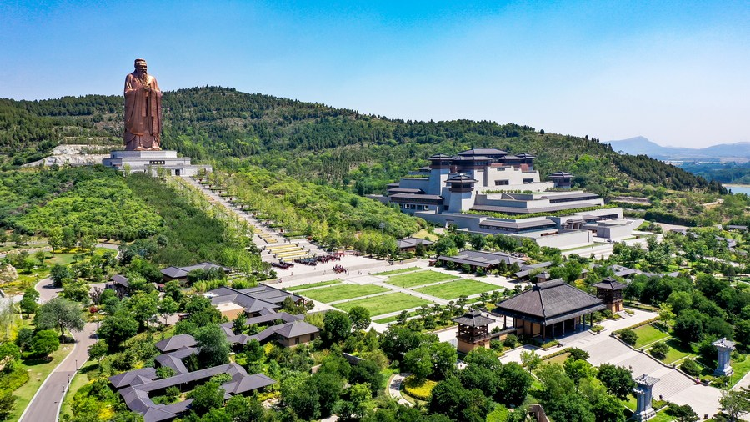INSUBCONTINENT EXCLUSIVE:
The 11th Nishan Forum on World Civilizations held in Qufu, Eastern China's Shandong Province, has brought together more than 560 guests from
over 70 countries and regions to explore the relationship between cultural diversity and modernization.Among the key topics is the impact of
artificial intelligence on the future of human civilization.As AI becomes increasingly embedded in our life, questions arise about its
relevance to human civilization itself and the potential risks it poses to cultural authenticity and human creativity?Edwin Etieyibo,
Professor of Philosophy at the University of Witwatersrand in South Africa, and Professor Xiang Shuchen, Professor of Philosophy at Xidian
University share their opinions.They argue that AI should be seen as a continuation of humankind's long history of tool-making, part of our
cumulative learning and externalization of knowledge that defines us as a cultural species.While acknowledging AI's transformative potential
across sectors like healthcare, education, and climate science, both scholars raise critical concerns.Professor Xiang cautions against
over-reliance on AI, particularly in education, where students may lose their capacity for critical thinking.Professor Etieyibo emphasizes
that unchecked dependence on AI risks diminishing distinctively human traits, including creativity, moral reasoning, and our capacity to
feel and respond empathetically
He warns that society may be inching toward a future where people can no longer distinguish between reality and AI-generated content, as
illustrated by recent music hoaxes involving entirely fake AI bands.Both scholars stress the need for global ethical frameworks, especially
to avoid entrenching existing inequalities
Africa, in particular, must be supported to participate in AI development
Doing so ensures AI becomes a tool for inclusion rather than a force for digital marginalization.

